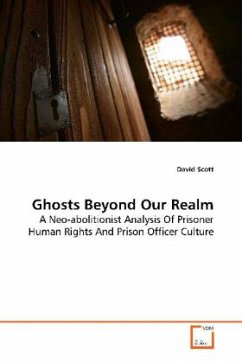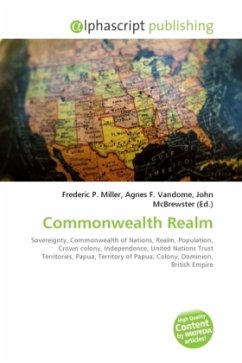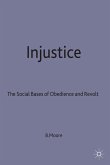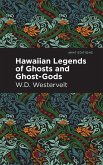This study explores the influence of the Human
Rights Act (1998) on prison officer understandings
of prisoner human rights. Utilising the insights of
discourse analysis, the implementation of the Human
Rights Act (1998) is understood within the complex
interrelationships of penology, law, penal policy,
and occupational culture. In so doing, this book
utilises a neo-abolitionist normative framework to
assess the legitimacy of the current restrictive
interpretations and marginalisation of human rights
in penological discourses and prison service
policies. Central is an empirical study of prison
officer occupational culture which critically
explores how prisoners become constructed as ghost
like figures whose needs are denied and othered as
beyond the realm of humanity. Against this
dehumanising backdrop the author calls for the
development of a positive rights agenda and the
promotion of alternative means of dealing with
wrongdoers that recognises their shared humanity.
This study will be of interest to sociologists,
penologists and criminologists as well as human
rights professionals and activists.
Rights Act (1998) on prison officer understandings
of prisoner human rights. Utilising the insights of
discourse analysis, the implementation of the Human
Rights Act (1998) is understood within the complex
interrelationships of penology, law, penal policy,
and occupational culture. In so doing, this book
utilises a neo-abolitionist normative framework to
assess the legitimacy of the current restrictive
interpretations and marginalisation of human rights
in penological discourses and prison service
policies. Central is an empirical study of prison
officer occupational culture which critically
explores how prisoners become constructed as ghost
like figures whose needs are denied and othered as
beyond the realm of humanity. Against this
dehumanising backdrop the author calls for the
development of a positive rights agenda and the
promotion of alternative means of dealing with
wrongdoers that recognises their shared humanity.
This study will be of interest to sociologists,
penologists and criminologists as well as human
rights professionals and activists.








